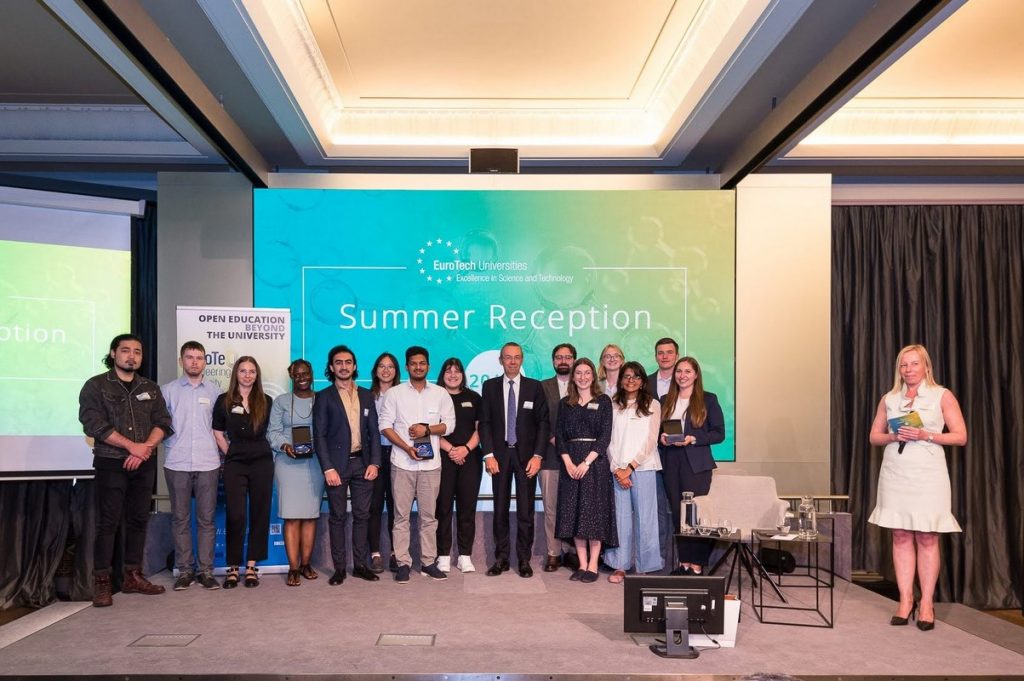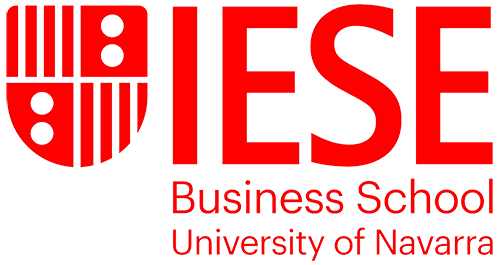Leave no waste behind” – this was the overall challenge of our European-wide student competition, EuroTeQaThon, which was open to student teams from all EuroTeQ member institutions. The different teams took up the challenge and developed sustainable solutions to reduce waste of all sorts.

The best teams competed during the big EuroTeQaThon final on June 10-12 and pitched their projects to the jury. The winners of the three areas of the competition – “Cities”, “Consumption,” and “Energy” were awarded a special price: A two-day trip to Brussel on June 20-21, 2022! They were invited to attend the summer reception organized by the EuroTech Universities Alliance in Brussels on June 20, where they had the opportunity to present their solutions to the public.
Éric Labaye, president of École Polytechnique and Institut Polytechnique de Paris, who currently presides the Alliance greeted the three winning teams on stage and awarded the trophies.
The team Asura (TU/e) won the competition in the area “Cities” with their smart system to enhance public lighting; the solution to track, optimize and improve the end-of-life of medical imaging devices developed by the team Advan.ce (TUM) won in the area “Consumption”; the team Ensa.ai (TalTech) was awarded the trophy in the area “Energy” for their solution for air ventilation with AI.
The price for the winning teams also included a tailored program for all team members, organized by the EuroTech Universities Alliance in Brussels on June 21. The students were invited to visit the European Parliament, where they met with Marie Toussaint, Member of the European Parliament. The teams had the opportunity to present their projects to her and discuss about the role of environmental topics on the European Parliament’s agenda and other current topics.
In line with the theme of the EuroTeQaThon competition, a visit of Brussels-Energie, a waste management service, which produces energy from residual waste, was also on the program. The group met with Georges Dumbruch, who directed the plant for over 15 years, and studied the different stages from the waste arrival to the plant until the final energy production. Students hence had the chance to hear insights on planned evolutions first hand from the plant’s former director.







